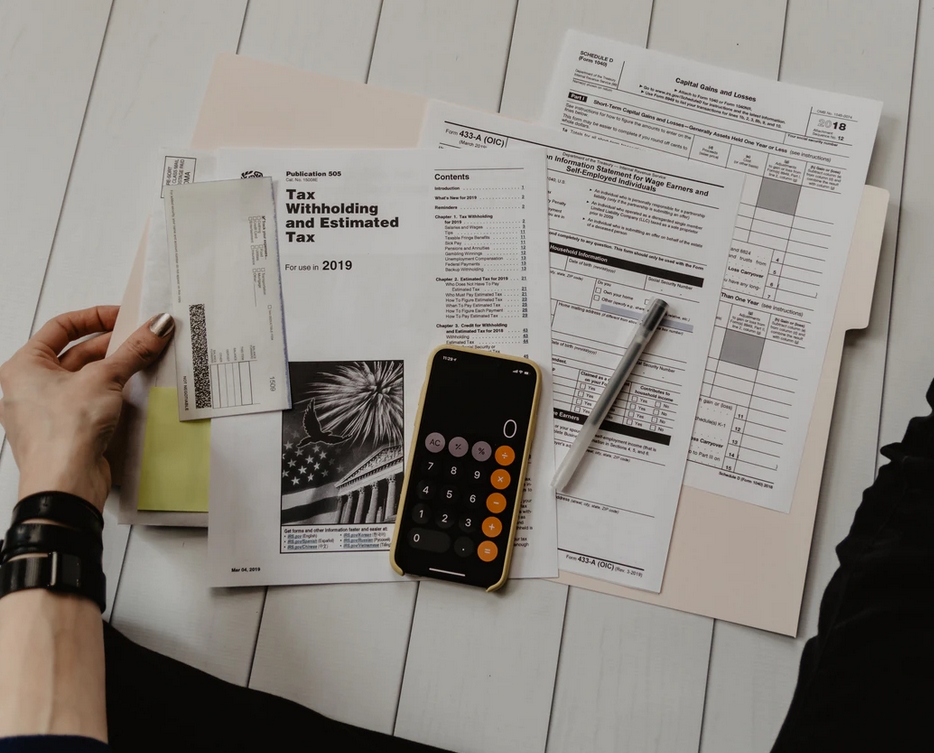Almost 8 in 10 UK adults will be carrying debt into 2021, new research has revealed. And, while the average amount owed has reduced compared to the previous year, the most common reason for 2020 debt is, worryingly, ‘normal living expenses’, according to the research.
Just 22% of the nation won’t be carrying debt into 2021, according to the study by financial comparison experts money.co.uk. What’s interesting is that 2% fewer people will be carrying over debt into the new year than this time last year. That means, mortgages aside, 78% will go into the New Year with some form of personal debt - including money owed on credit cards, personal loans, car loans, bank overdrafts and payday loans.
Experts say the really concerning figure is that 35% of people’s personal debt is largely due to ‘normal’ living expenses. A further 15% say their debt is due to Christmas spending and 31% have identified that their personal debt is due to changed financial circumstances caused by the COVID-19 pandemic. The study of British adults was commissioned by financial comparison experts money.co.uk in December 2020 and shows that the average British adult ended 2020 with £9,246 worth of total debt – down 33% compared to last year’s average of £13,910.
Men are taking more debt into 2021 than women – UK males have an average of £11,581 debt at the end of 2020 compared to women, who have an average debt of £7,016 which they’ll carry over into 2021. Salman Haqqi, personal finance expert at money.co.uk, said: “Our research shows that it has been a particularly difficult year for the country financially. There’s been the coronavirus pandemic, and with it, unemployment and furlough, plus the rising cost of everyday living to consider.
“Yet, despite this, the good news is that people are generally carrying less debt across into 2021 than they did the previous year. However, our study also shows that one in four people are paying off the minimum amount in repayments but less than the full amount on their credit card every month, which will be costing them.
"It's worrying to see that so many never move their debt around to take advantage of better interest rates, something that could save them hundreds of pounds a year and help them pay off their debts sooner. One of the most troubling stats is that 35% of people are using debt to pay for household essentials, showing that the cost of living just isn’t covered by their regular income.
"It's always worth going online and investigating what options are available to you, especially as the new year starts, as there may be cheaper alternatives and strong offers from lenders." One in five Brits plan on paying off their debt by consolidating the different debts they owe, up 7% compared to 2019. But 44% of people say they don’t move debts to take advantage of better interest rates.
Some £2,465 of the average debt is owed on credit cards, according to the research. Those aged 45-54 have the most credit card debt (£3,121) with those aged 16-24 having the least (£1,640). Geographically, people living in Northern Ireland have the most credit card debt (£8,323) whilst those in the south-west have the least (£1,473). But UK adults have actually reduced the amount of debt on their credit card by an average of £500 compared to the previous year, according to the money.co.uk research.
Some 15% of people say they have personal loans (down over 3% from last year), 14% have overdraft debt (down 4% from the previous year), just over 11% have car loans and just over 15% have payment plan loans for home goods or white goods. A further 7% have store cards and 6% have payday loans to repay. In terms of repaying, the average time needed to pay off debts is almost three years (2.9). However, 27% of people say it will take between one and two years to pay off their debt and 15% say they can pay it off in less than a year. Those in Wales will take the longest to repay their debut - an average of 3.3 years.
Those living in London are most likely to carry debt into the new year. According to the study, 36% of those living in the Greater London area will carry debt into 2021. But the number of people, countrywide, carrying debt across from the previous year into this year, is actually down 10% year-on-year.
Salman Haqqi added: “Nearly 20% of those we polled say they have taken out a credit card to cover the personal cost of the COVID-19 pandemic, while 12% say they have taken out more than one additional card.
“And it is clear that the debt situation is causing worry right across the country – with one in four people admitting they’re worried about their debt this year. And although this is 4% fewer people who are worried than there were at this time last year, it is clearly still a concern.” The money.co.uk research also shows that for 21% of people their debt repayments account for 11-20% of their salary.

















